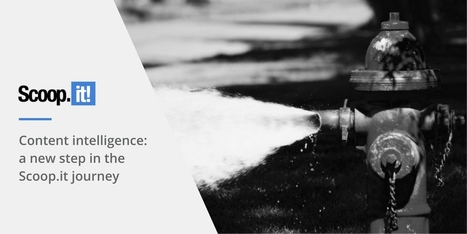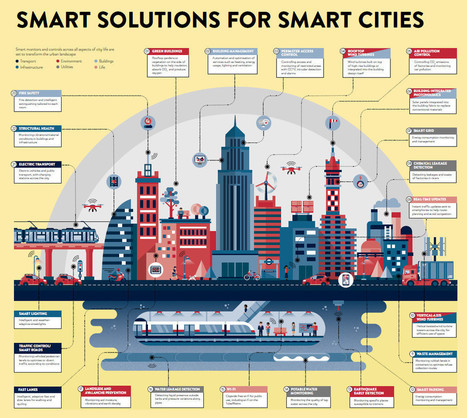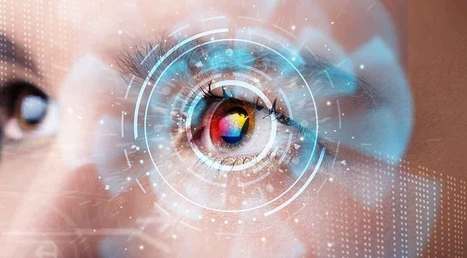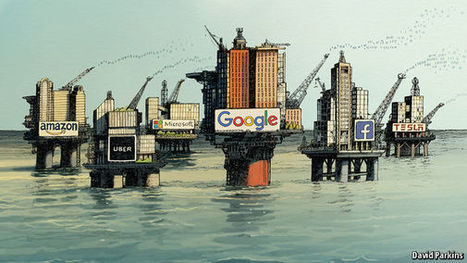Big Data is powerful on its own. So is artificial intelligence. What happens when the two are merged?
Big data is moving to a new stage of maturity — one that promises even greater business impact and industry disruption over the course of the coming decade. As big data initiatives mature, organizations are now combining the agility of big data processes with the scale of artificial intelligence (AI) capabilities to accelerate the delivery of business value.
Big Data and AI at MetLife
Pete Johnson is one of the most experienced executives working in the field of big data and AI within industry today. Having worked in the field of artificial intelligence for a generation dating back to his academic career at Yale University, Johnson now leads big data and AI initiatives as a fellow at MetLife. Johnson previously held positions as senior vice president for Strategic Technology with Mellon Bank and served as the executive vice president and chief technology officer of Cognitive Systems Inc. (CSI), an early artificial intelligence company specializing in natural language processing, expert systems, case-based reasoning, and data mining. CSI was founded by several members of the Yale University faculty in 1981, when Johnson completed his MS in computer science.
Johnson, whom I’ve known for over a decade, is a regular participant in a series of executive thought-leadership breakfasts that I host for senior industry executives to share perspectives on topics in big data, AI, and machine learning among their peers. Participants in the most recent executive breakfasts have included chief data officers, chief analytics officers, chief digital officers, chief technology officers, and heads of big data for firms including AIG, American Express, Blackrock, Charles Schwab, CitiGroup, General Electric (GE), MetLife, TD Ameritrade, VISA, and Wells Fargo, among others.
As a long-suffering expert in the field of artificial intelligence, Johnson observes three critical ways in which big data is now empowering AI:
- Big data technology — We have the ability now to process huge quantities of data that previously required extremely expensive hardware and software, or “commodity parallelism.”
- Availability of large data sets — ICR, transcription, voice and image files, weather data, and logistics data are now available in ways that were never possible in the past; even old “paper sourced” data is coming online.
- Machine learning at scale — “Scaled up” algorithms such as recurrent neural networks and deep learning are powering the breakthrough of AI.
Learn more / En savoir plus / Mehr erfahren:
https://www.scoop.it/t/21st-century-learning-and-teaching/?&tag=AI
https://www.scoop.it/t/21st-century-innovative-technologies-and-developments/?&tag=AI
https://www.scoop.it/t/21st-century-learning-and-teaching/?&tag=machine+learning
https://www.scoop.it/t/21st-century-learning-and-teaching/?&tag=Deep+Learning



 Your new post is loading...
Your new post is loading...














Everyday, there are 4 million blog posts, 100,000 news articles and 500,000 hours of video published on the Internet. A wealth of information and knowledge. A wealth of information and knowledge that is lost for most companies, at least for the most part.
Lost?
Step 1: content curation
Not entirely. Thanks to content curation technology, the Web can now be filtered. With content curation tools and platforms such as Scoop.it (among others of course), we can use more or less sophisticated ways to filter this huge amount of content that is published daily to zoom in on what matters to us. Good content curation technology is essential. It saves people a huge amount of time looking for content to share for marketing purposes or information that helps their organization make better decisions. And perhaps as importantly, without these filters, we would just be able to search – not discover. We would still find answers to what we don’t know but we wouldn’t know what we don’t know.
But until recently, all the solutions we’ve offered to deal with information overload – ours included – have revolved around the same basic idea: more – or more sophisticated – filters.
Learn more / En savoir plus / Mehr erfahren:
https://www.scoop.it/t/21st-century-learning-and-teaching/?&tag=Curation